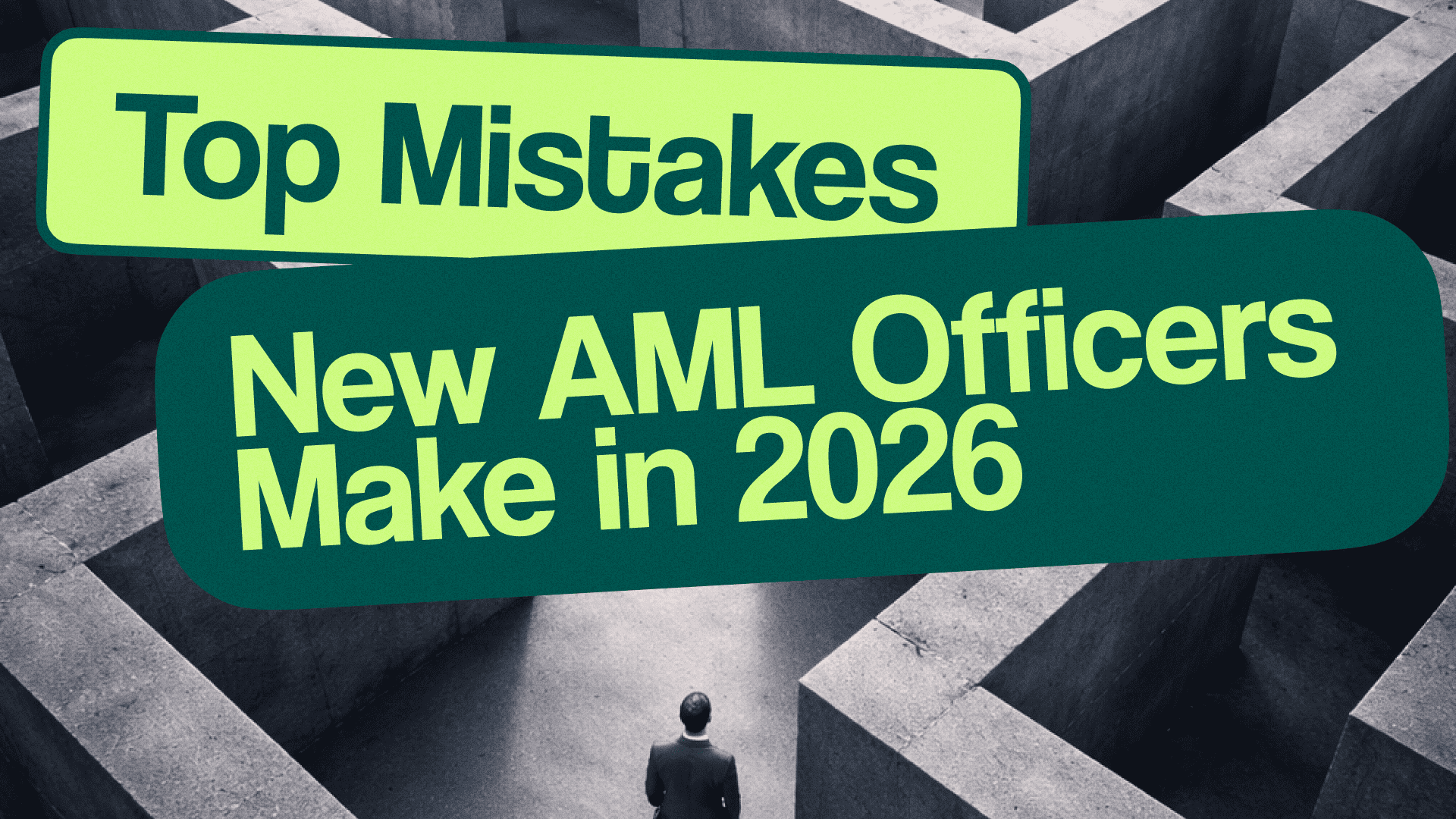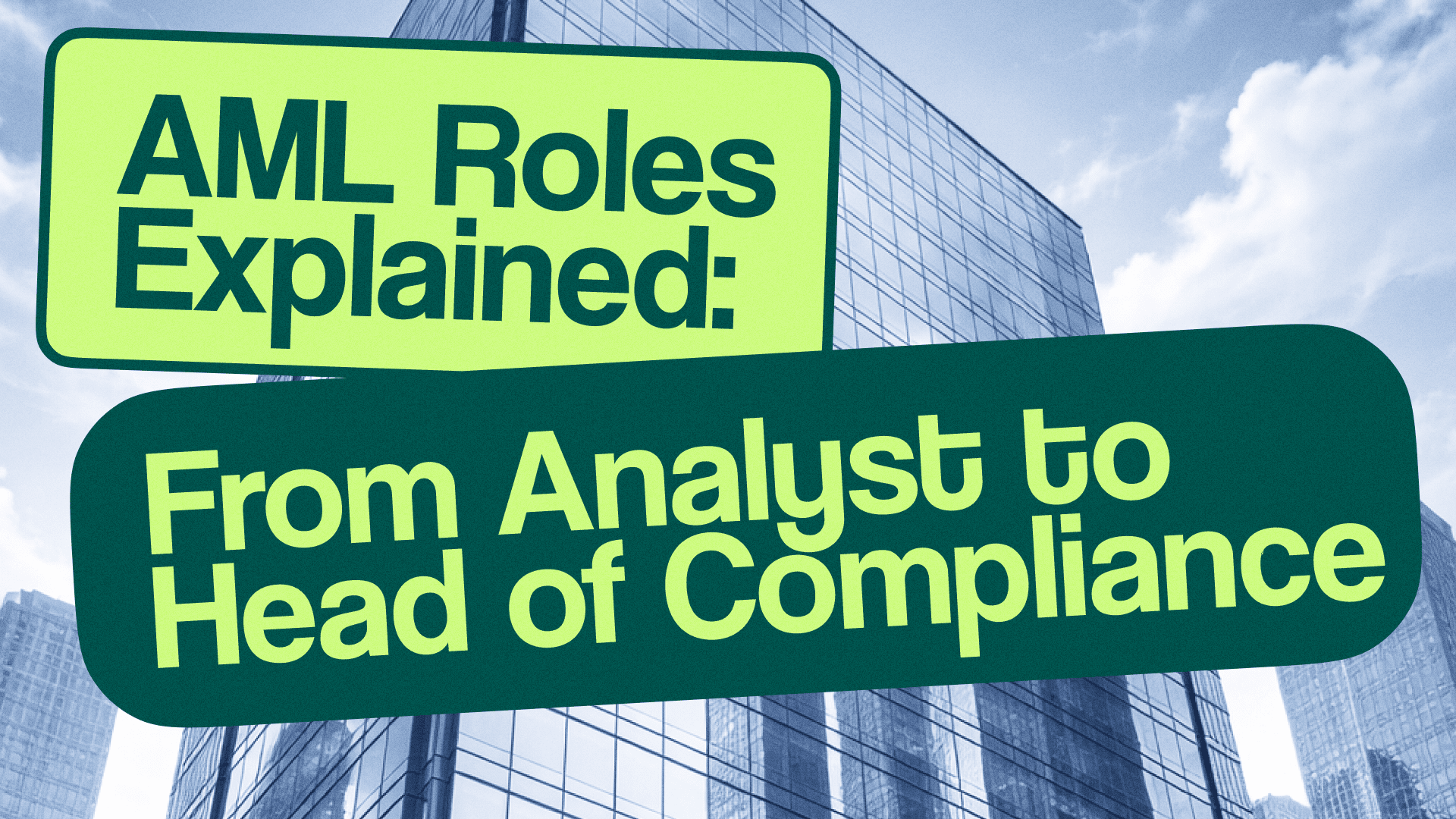Cryptocurrency monitoring appeared as a reaction to growing high-risk financial deals. The regulative outlook lacks generally accepted standards, but some states are trying to solve this issue. In the absence of international concurrence, companies should use crypto transaction monitoring software to detect unusual activity.
Yet, for now, it’s an optimal way to struggle with criminals on digital coin platforms. AML certification has drawn up a guide for beginners in this topic.
What is meant by “transaction monitoring”
This type of financial supervision implies details about customer activities, including deposits, transfers, withdrawals, and other different interactions with accounts. Measures are required for reliable, transparent, and trustworthy engagement. According to the Market Research Future, the direction size of secure online payment will increase to $39.32 billion by the end of the decade.
Why crypto transaction monitoring is crucial
Ransomware developers, cyber criminals, and similar individuals with illegal businesses try to hide their income via digital methods. These offenders could be on the sanctioned lists. It leads to disappointing consequences for business. In the EU, regulatory expectations highlight the importance of overseeing functions. That’s why the European Central Bank and leading crypto industry institutions of Germany, France, and the Netherlands will integrate a cryptocurrency monitoring platform.
Cryptocurrency Transaction Control Regulations
Service providers should identify the presence of distrustful crypto transactions. In this case, the company integrates control and analysis of user transfers. All reports of suspicious activity are directed to competent authorities. The Group of Seven countries is looking for solutions to cease gaps in anti money laundering. Nikkei Asia referring to Chainalysis research says that the volume of illicit crypto deals has risen to $23.8 billion. It’s +68% compared to 2021.
Aspects That Cryptocurrency Businesses Need To Contemplate
There are a few reasons that should be concerning primarily:
- Transfer swiftness and velocity. Quality monitoring helps to determine suspicious activity.
- Live checking. Timely reaction to anomaly activities provides a risk management approach.
- Threat estimation. Neglecting the possible consequences can be detrimental.
All these recommendations will help companies to be cautious in transfer assessment and choose the right decisions.
Cryptocurrency Transaction Monitoring Top Practices
The leading expertise improves the protection and reliability of financial interaction. Explore the best methods of crypto monitoring that are summarized below.
Implement a strong risk assessment framework
Distinguish the most dangerous customers, resources, and transfers. It facilitates emphasized monitoring endeavors. The Economic Times notes that worldwide track crypto transactions reached $40+ billion. In 2022, this figure was $34 billion. Taking into account that massive volume of data, it’s crucial to monitor crypto transaction monitoring of a dubious nature.
Carry out a risk-based approach to customer due diligence
When it comes to peril, companies need to remain under review for possible troublemakers. Businesses will save their reputation and avoid law entities’ claims, by following simple advice:
- Assemble various data about questionable clients.
- Earmark high-risk customers for preferring control measures.
- Emphasize different types of threats.
These steps in tracking crypto transactions guarantee a decrease in risk and lightning reaction on anomaly activity.
Integrate transaction monitoring implements
Automate processes due to ahead of the times devices, fitted with machine learning, analytics, and interactive attributes. Tools will warn the company as soon as mistrustful deeds are discerned. Businesses receive comprehensive reviews in diverse forms:
- Documentation and trails. Intense audit and compliance with regulatory expectations.
- Adaptability and efficiency. Pliability for quick changes, updated algorithms, and computerizing of routine or manual attempts.
- Cybersecurity and ethics. Strengthen measurements to preserve system or data and prevent financial crime to prevent discrimination.
Implements play a massive role in the crypto space monitoring framework.
Apply machine learning and advanced assessment
The introduction of artificial intelligence raises process automation and analytical findings precision. Also, the company will receive unique insights and signals about noteworthy actions. For example, Ethereum MI algorithms can even reveal suspicious activity, according to a Scientific Reports article.
Screen cryptocurrency exchanges
The section offers a detailed review of every trade. Instruments dedicate particular attention to deals that could be connected with criminals and high-risk jurisdictions. The cryptocurrency monitor turns into a digital attorney, providing credible evidence and facts. In January 2024, the U.S. enforcement agency OFAC sanctioned the Hamas-affiliated Herzallah Exchange. The Islamic Movement conducted transfers between the Gaza Strip and the second Palestinian territory West Bank.
Educate personnel on cryptocurrency transaction monitoring
This stage includes upbringing and knowledge about tools, best practices, and reporting. Employees have to carry out overseeing functions and help recognize high-risk transactions. Information also will come in handy for other areas of life. It might help a software engineer from India. He has lost nearly $160,000 in a crypto scam on a matrimonial site, having made 18 transactions during 6 weeks.
Coordinate with other businesses and public entities
Alignment in the struggle against cyber criminals can hardly be overestimated. All legitimate communities should unite forces for the common good. There are some tips for better dialogue among companies and public authorities or B2B:
- Widespread information about dubious transaction patterns and warn companies to be cautious.
- Transmit suspicious activity reports to law enforcement agencies and participate in the investigation.
- Actively cooperate for recognition of financial crime and deter violation of the law.
Both sides need to take part in the development of the blockchain transactions. With mutual efforts, the digital coins market can become a safe and trust-based place for financial activity or consumer data retention.
Educate Personnel on Cryptocurrency Transaction Monitoring
Training employees in tools, best practices, and reporting is critical for identifying high-risk transactions. Professionals in this area should be continuously trained to remain up-to-date with evolving crypto monitoring trends. AML Foundations Course and Certified Anti-Money Laundering Senior Specialist courses provide the necessary knowledge and expertise.
Conclusion
Despite the skeptical attitude toward cryptocurrencies, virtual tokens have transformed into a powerful tool for every area. Ongoing changes, constant enhancement, and unlimited possibilities draw the attention of criminal individuals. Due to AI and IT solutions, crypto assets businesses have the potential to get rid of questionable customers.
In addition, the growing international regulatory framework allows punishing and restriction of offenders, blocking the finance source. AML certification is always ready to propose appropriate solutions for online companies.








